Member Login
Free Search
Enter First Name, Last Name or Full Name and click Search,or click on the Advanced Search link for more options
Famous Scots - Robert (bobby ) Murdoch
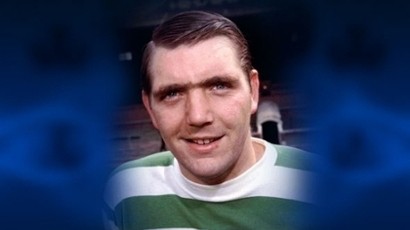
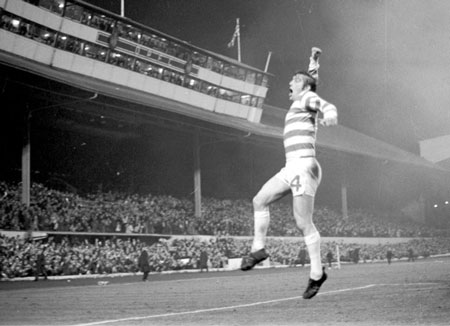
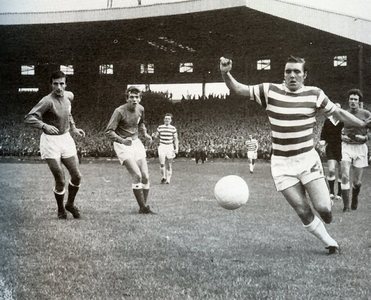
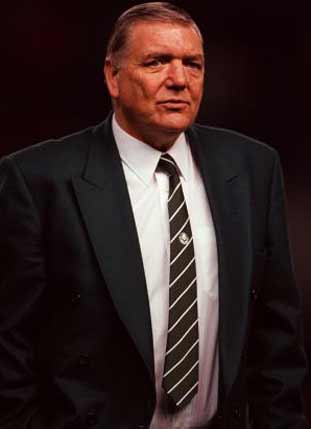
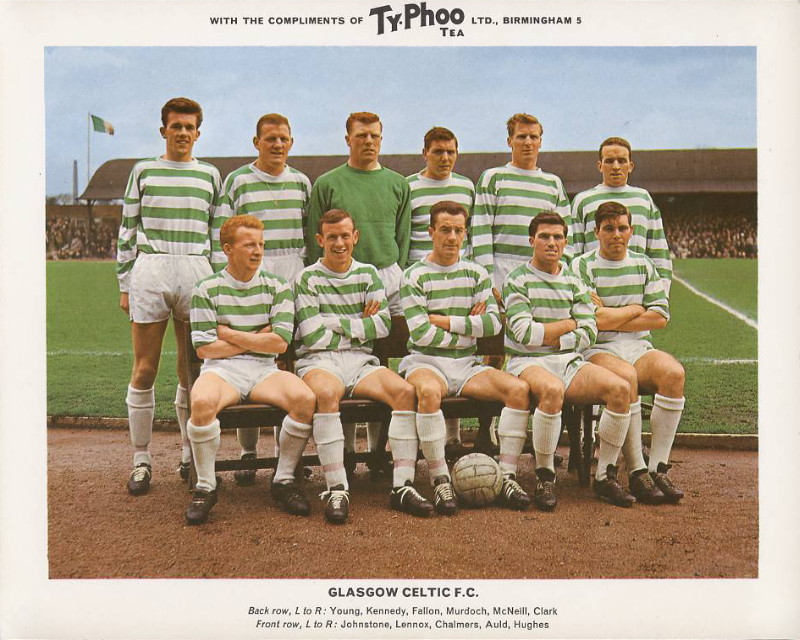
Robert Murdoch (known as Bobby), footballer and manager: born Bothwell, Lanarkshire 17 August 1944; played for Celtic 1962-73, Middlesbrough 1973-76; coach, Middlesbrough 1976-81, manager 1981-82; married (two sons, one daughter); died Glasgow 15 May 2001.
Bobby Murdoch never enjoyed the widespread fame and reputation which attached itself to Jim Baxter, another of Scotland's football heroes of the Sixties, who died last month. The quiet and unassuming Murdoch's true value was barely recognised beyond the boundaries of Glasgow, yet that, in itself, is the metaphor for his greatest achievement.
He was part of the Celtic side that carved its way into the football history books by becoming the first British side to win the European Cup in 1967. Not only was the achievement the work of 11 Scots, but all were born within a 30-mile radius of Glasgow.
Never before, or since, in the 46-year history of club football's greatest prize, has a side composed of 11 players from the same country won the trophy. If Murdoch had plied his trade in the modern age, then it is inconceivable that he would have remained outside the orbit of Europe's richest clubs.
It was Murdoch's fierce shot five minutes from the end of that 1967 final in Lisbon, which was deflected by Steve Chalmers, Celtic's forward, and inflicted a 2-1 defeat upon Inter Milan, that broke the mould of European football. Until that point, the European Cup had been the sole preserve of the triumvirate of Spain, Italy and Portugal.
Inter, who had won the trophy in 1964 and 1965, were the Continent's pre-eminent side. While they scoured the world for talent, lured to Milan by sums of money that British players could only dream of in the Sixties, Celtic, under the guidance of their legendary manager Jock Stein, had opted for home-grown talent.
That day, though, under the baking sun in Lisbon, the roles were reversed. The National Stadium built by Portugal's Fascist government for the cancelled 1940 Olympics echoed the best traditions of a Roman amphitheatre. As Murdoch and the rest of the Celtic players lined up opposite their Italian counterparts in the tunnel before the game, the feeling of Christians vs lions was inescapable for the pale Celts.
"They were sleek and tanned, like film stars," Murdoch once recalled. "We had quite a few with teeth missing, with blobs of Vaseline on our eyes to block out the sweat." Celtic, backed by 15,000 of their supporters who had flooded into Lisbon, overcame the loss of an early goal to equalise on the hour through Tommy Gemmell's fearsome shot. Inter were struggling to survive when Murdoch tipped the scales in Celtic's favour.
He had been protecting his right foot, having injured it early in the game and opted to strike Gemmell's cutback with his weaker left. Chalmers's deft touch put his name in the history books as scorer, and the modest Murdoch never sought credit. "People told me, 'It was going in anyway', but it had more chance of going for a throw-in," said Murdoch. "Steve got a great touch to turn it in."
It was, without doubt, the greatest of Murdoch's 484 appearances for Celtic, for whom he played between 1962 and 1973. Even though he would play in another European Cup Final and win 12 caps for Scotland, before moving to England to play for Middlesbrough, his membership of the team dubbed the "Lisbon Lions" defined him.
Bobby Murdoch was born in Bothwell, Lanarkshire, in 1944. He was raised in Rutherglen, just outside Glasgow, only a few miles from Celtic Park and his passage into the club that he supported as a child was almost pre-ordained.
He joined them at the age of 15 in 1959, serving as players did in those days as an apprentice sheet metal worker before being taken on as a full-time professional and making his début against Hearts in August 1962. However, it took the arrival of Stein in April 1964 for both club and player to truly blossom. The shrewd manager recognised that pace was not Murdoch's best asset, and deployed him in a deeper role so that his precise passing could prompt every move.
Murdoch's team-mate, Bobby Lennox, said: "He was a wonderful passer of the ball. He had radar vision and could put long balls into any space." Murdoch, who was voted Scotland's player of the year in 1969, won eight Scottish championships with Celtic between 1966 and 1973, when he departed for Middlesbrough and, of his 105 goals for the club, none was more valued than another epic reserved for the grandest stage of all: the European Cup.
His venomous shot contributed to the 2-1 defeat of Leeds United in the semi-final in 1970 at Hampden Park, in front of 136,505 fans the largest-ever attendance for a European club match and won the so-called "Battle of Britain", though Celtic would lose the war, going down to the Dutch side Feyenoord in the final.
Murdoch's skills made enough of an impact on the Leeds defender Jack Charlton that he made the Scot his first signing when he became manager of Middlesbrough, so that Murdoch could tutor another young Scottish midfield called Graeme Souness. Souness later found fame with Liverpool and wealth with the Italian club Sampdoria of which Murdoch could only have dreamt.
Murdoch helped Middlesbrough back into England's top flight but retired prematurely through injury in 1976, at the age of 32, and became coach at the club before an ill- fated spell as manager from May 1981 to September 1982, a period characterised by the sale of its best playing assets.
Football was rarely as sweet as on that sunny day in Lisbon 34 years ago. Murdoch said, "When we gathered for the first meeting the next season, Jock said, 'For some of you football will never be the same again.' He wanted to provoke us into proving him wrong, but it turned out to be right."
Headstone Photograph

Further Information
Firstname: Robert (Bobby )
LastName: Murdoch
Date of Death: 15th May 2001
Age at Death: 56
Cemetery: Linn Crematorium
Lainshaw Drive
Town: Glasgow
PostCode: G45 9SP
Region: Glasgow and Clyde Valley
Country: Scotland
Please Note, the marker on this map indicates the Cemetery location, not the location of a particular grave.



